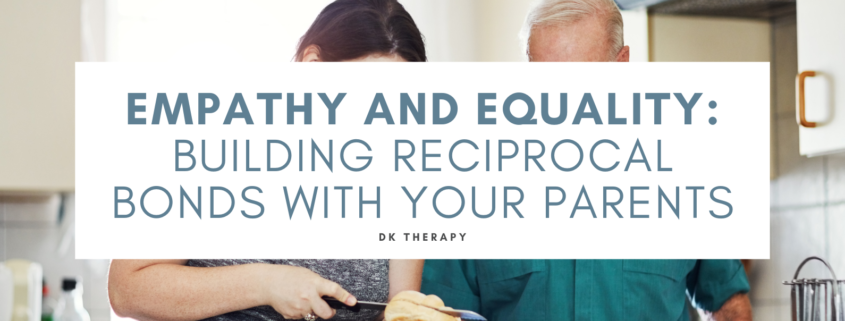Should You Share Your Location with Your Parents – Key Considerations for Adults
Our world has become quite a digitally-influenced place, and because of this, sharing your location with others has become commonplace. Thanks to smartphones and other location-sharing programs, it’s easier than ever before to let someone know where you are. Though it’s convenient, location sharing comes with its own set of concerns, especially when it comes to sharing your whereabouts with your parents as an adult.
Let’s look at the pros and cons of sharing your location with your parents and weigh the balance between your privacy and safety.
Benefits of Sharing Your Location
It can be kind of annoying to have your parents know where you are at all times, especially as an adult. That said, there are a few benefits to this option.

Emergency Situations
In emergencies, having your location can allow your parents to provide immediate assistance or contact emergency services on your behalf. Whether you experience a medical emergency, an accident, or you just get lost, being able to pinpoint where you are can be a real lifesaver.
On top of that, knowing that your parents can find you in the event of an emergency offers both of you peace of mind. It can reduce worry for your parents and remind you that someone is looking out for you, no matter your age.
Safety Check-Ins
When traveling alone, especially in unfamiliar places, location sharing can be a precautionary measure. It ensures someone knows your whereabouts and can check in on you if needed. For example, sharing your location when you’re out at night (especially in a potentially unsafe environment) can provide you with an extra layer of security. Sharing lets your parents monitor your journey and make sure you make it to your destination safely.
Drawbacks of Location Sharing
Of course, staying on your parents’ radar can be a great security measure, but if they’re especially meddling, it can be just as much of a hassle.
Independence and Autonomy
As an adult, maintaining independence is crucial. Sharing your location constantly can feel intrusive and undermine your sense of independence. In these situations, establishing boundaries and demanding some semblance of privacy is a must.
Furthermore, over-reliance on location sharing can point to a lack of trust on your parents’ part. You’re an adult, and it’s important for your loved ones to trust that you’re taking care of yourself while you’re living your life. Very few adults are okay with constant monitoring.
Privacy Concerns
Location sharing involves making sensitive information viewable, which might put it in the hands of unauthorized parties. Make sure your location data is secure so that you can protect your privacy.
Many young adults are also worried that sharing their location will lead to their parents misusing the information. Parents may very well overstep your boundaries by using your location sharing to monitor all of your comings and goings.
How to Find Balance
If you want to share your location for safety purposes but you don’t want to encourage constant surveillance, express your wishes before you share. Establish clear boundaries on when and why you’ll share where you are or where you’re going.
Instead of constant tracking, you may also choose to periodically share location updates. For example, you could share your location when you reach a destination, or if plans change. This way, they know where you are without being too involved with your business.
Sharing your wherabouts with your parents as an adult is a personal decision that calls for balancing safety and privacy. While it can provide peace of mind and enhance safety in certain situations, it’s important to make sure your parents respect your boundaries. Remember, the choice to share is ultimately yours.
If you’re struggling and you’d like to see how therapy could benefit you, reach out to DK Therapy and schedule an appointment with our office.












